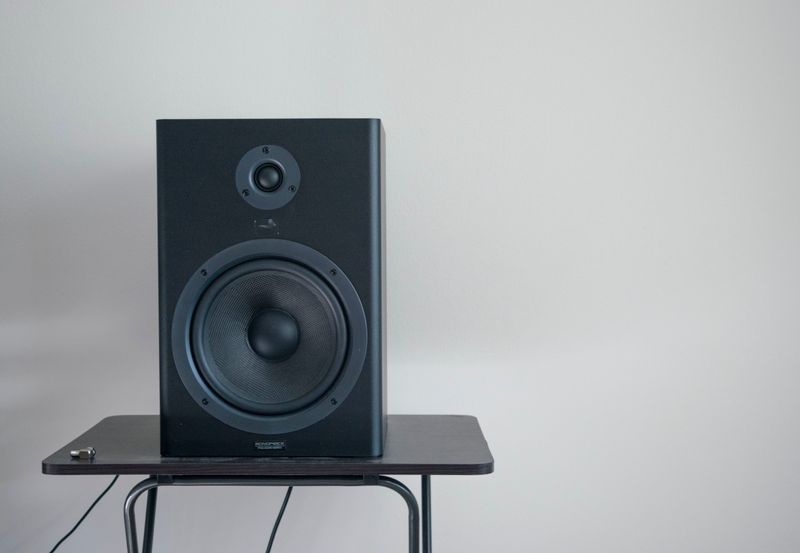Speaker impedance is a measure of the amount of resistance an audio speaker has to the electrical current flowing through it. It is an important factor to consider when designing a sound system, as it affects the power that can be delivered to the speaker and the sound quality of the system.
Speaker impedance is measured in ohms, and it is represented by the Greek letter omega (Ω). A higher impedance means more resistance, while a lower impedance indicates less. For example, a speaker with an impedance of 8 ohms has more resistance than a speaker with an impedance of 4 ohms.
The impedance of a speaker affects the power that can be delivered to it. A speaker with a higher impedance will require more power to drive it than a speaker with a lower impedance. This is because the higher impedance speaker will require more voltage to overcome its resistance. As a result, it is important to match the power of the amplifier to the impedance of the speaker. If the amplifier is not powerful enough, the speaker will be underpowered and the sound quality will suffer.
The impedance of a speaker also affects the frequency response of the system. A speaker with a higher impedance will tend to have less bass response than a speaker with a lower impedance. This is because the higher impedance speaker will require more power to maintain the same output level, resulting in less energy available for producing low frequencies.
In addition, the impedance of a speaker affects the efficiency of the speaker. A speaker with a higher impedance will be less efficient than a speaker with a lower impedance. This is because the higher impedance speaker will require more power to produce the same output level. As a result, the sound produced by the speaker will be less loud and may suffer from distortion.
Finally, the impedance of a speaker affects the acoustics of the system. A speaker with a higher impedance will tend to sound “muddy” and will lack clarity. This is because the speaker is not able to produce higher frequencies as efficiently as a speaker with a lower impedance.
In summary, speaker impedance is an important factor to consider when designing a sound system. It affects the power that can be delivered to the speaker, the frequency response of the system, the efficiency of the speaker, and the acoustics of the system. It is important to match the power of the amplifier to the impedance of the speaker in order to ensure the best sound quality.

